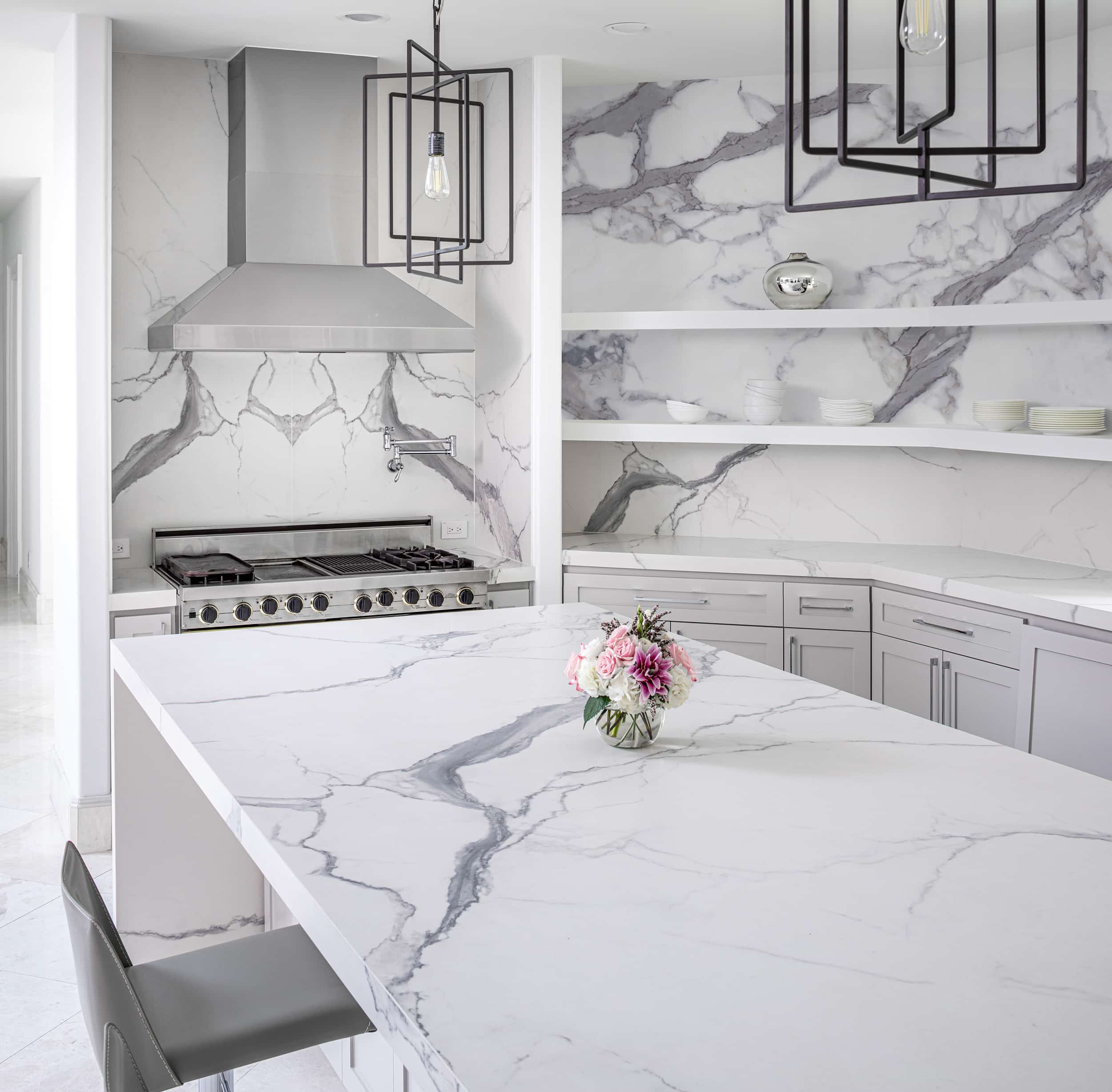

Articles
What Are Porcelain Countertops
Modified: October 20, 2024
Discover the beauty and durability of porcelain countertops in our informative articles. Learn about the pros and cons, maintenance tips, and design options for your kitchen or bathroom.
(Many of the links in this article redirect to a specific reviewed product. Your purchase of these products through affiliate links helps to generate commission for Storables.com, at no extra cost. Learn more)
Introduction
When it comes to kitchen and bathroom countertops, homeowners have a wide range of options to choose from. From natural stone to synthetic materials, there is a countertop material to suit every taste and budget. One material that has been gaining popularity in recent years is porcelain.
Porcelain countertops offer a unique combination of durability, style, and versatility that make them a top choice for many homeowners. In this article, we will delve into the world of porcelain countertops, exploring what makes them special, their advantages and disadvantages, and how to properly maintain and care for them.
So, if you’re in the market for new countertops or simply curious about this innovative material, read on to discover everything you need to know about porcelain countertops.
Key Takeaways:
- Porcelain countertops offer durability, heat resistance, and low maintenance, making them a reliable and long-lasting choice for kitchens and bathrooms. Their wide range of colors and patterns adds versatility to complement any space.
- While porcelain countertops may have a higher upfront cost, their durability and low maintenance requirements can lead to long-term cost savings. Understanding their advantages and disadvantages will help homeowners make an informed decision.
Definition of Porcelain Countertops
Porcelain countertops are a type of surface material made from a ceramic substance known as porcelain. Porcelain is composed of clay, minerals, and various additives that are mixed together and fired at high temperatures to create a dense, durable, and non-porous material.
Porcelain countertops are created through a process called sintering, where the raw materials are heated until they fuse together to form a solid surface. This process results in a countertop that is extremely hard, resistant to scratches and stains, and has a low water absorption rate.
Porcelain countertops are available in a range of colors and patterns, offering homeowners the ability to find the perfect style to complement their kitchen or bathroom décor. They can mimic the look of natural stone, such as marble or granite, as well as other materials like concrete or wood.
One of the distinguishing features of porcelain countertops is their thin profile. Most porcelain countertops are around 6-12mm thick, making them lightweight and easy to install. This slim profile also allows for seamless installations, as multiple pieces can be joined together to create a continuous surface.
Overall, porcelain countertops are known for their beauty, durability, and versatility. They have become increasingly popular in both residential and commercial settings, offering a modern and elegant solution for any countertop application.
How Porcelain Countertops are Made
The production process for porcelain countertops involves several steps to transform raw materials into a finished product. Here is a general overview of how porcelain countertops are made:
- Mixing: The first step is to mix the raw materials, including clay, minerals, and additives. These ingredients are carefully measured and blended to create a consistent mixture.
- Forming: The mixed ingredients are then shaped into slabs using a hydraulic press or extrusion process. This results in large, thin sheets of porcelain that will serve as the base for the countertops.
- Drying: The formed slabs are dried to remove excess moisture. This is a critical step to ensure the slabs are strong and stable during the firing process.
- Firing: The dried slabs are placed in a kiln and fired at temperatures ranging from 1200-1400 degrees Celsius. This firing process causes the materials to melt and fuse together, transforming them into a solid, dense porcelain surface.
- Cooling: After the firing process is completed, the slabs are gradually cooled to room temperature. This helps to strengthen the porcelain and prevent cracking or warping.
- Surface Treatment: Once cooled, the surface of the porcelain slabs can be treated to enhance their appearance. This may involve polishing, honing, or applying a glaze to achieve the desired finish.
- Cutting and Fabrication: The finished porcelain slabs are cut into the desired sizes and shapes for countertops. Edge profiles can also be added to provide a decorative touch.
- Installation: Finally, the cut and fabricated porcelain pieces are installed onto cabinets or support structures. They are secured in place using adhesives and may require additional sealing to protect the surface.
The specific manufacturing processes may vary slightly depending on the manufacturer and the desired characteristics of the final product. However, these general steps outline the key stages involved in creating porcelain countertops.
Advantages of Porcelain Countertops
Porcelain countertops offer numerous advantages that make them an appealing choice for homeowners. Here are some key advantages of choosing porcelain countertops:
- Durability: Porcelain countertops are extremely durable, thanks to their high density and resistance to scratches, stains, and impact. They are less likely to chip or crack compared to other countertop materials.
- Heat Resistant: Porcelain countertops can withstand high temperatures without damage. This makes them ideal for kitchen applications where hot pots and pans are commonly placed on the surface.
- Non-Porous: Porcelain is a non-porous material, meaning it does not absorb liquids or harbor bacteria. This makes cleaning and maintenance easy, as spills can be wiped away without the risk of staining or bacterial growth.
- Color Stability: Porcelain countertops have excellent color stability and are resistant to fading or discoloration over time. This ensures that your countertops will maintain their original appearance for years to come.
- Versatility: With a wide range of colors, patterns, and finishes available, porcelain countertops offer versatility in design. They can mimic the look of natural stone, wood, or concrete, allowing you to achieve the desired aesthetic for your kitchen or bathroom.
- Easy Maintenance: Cleaning porcelain countertops is a breeze. Regular maintenance simply involves wiping the surface with a mild detergent and a damp cloth. Unlike some other materials, porcelain countertops do not require sealing or special cleaners.
- Hygienic: Thanks to their non-porous nature, porcelain countertops are highly hygienic. They do not harbor bacteria, making them an excellent choice for spaces where cleanliness is a top priority, such as in kitchens and bathrooms.
- Resistant to Chemicals: Porcelain countertops are resistant to chemicals, making them less likely to be damaged by common household cleaning agents or acidic substances. This further enhances their durability and longevity.
These advantages make porcelain countertops an attractive option for anyone seeking a durable, low-maintenance, and aesthetically pleasing surface for their kitchen or bathroom.
Disadvantages of Porcelain Countertops
While porcelain countertops have many advantages, it’s important to consider their potential drawbacks before making a purchasing decision. Here are some disadvantages of porcelain countertops:
- Cost: Compared to other countertop materials, porcelain countertops can be more expensive. The cost is influenced by factors such as brand, design, and size. It’s important to factor in the budget when considering porcelain countertops.
- Fragility: Although porcelain countertops are highly durable, they are still susceptible to cracking or chipping if a heavy object is dropped onto them. It’s important to exercise caution and avoid placing excessive weight on the surface to prevent damage.
- Installation Complexity: Installing porcelain countertops can be more challenging compared to other materials. Due to their thin profile, special care must be taken during the installation process to ensure proper support and alignment.
- Limited Availability: While the popularity of porcelain countertops is growing, they may not be as readily available in some areas compared to more traditional countertop materials. This can limit the options and choices available to homeowners.
- Less Natural Look: While porcelain can mimic the appearance of natural stone, some homeowners prefer the authenticity and uniqueness of genuine granite or marble. If you’re looking for a completely natural look, porcelain countertops may not satisfy that requirement.
- Cold Surface: Porcelain countertops can feel cold to the touch, especially in cooler climates. This can be uncomfortable when working on the surface for extended periods. However, this can be mitigated by using cutting boards or mats.
- Potential for Staining: While porcelain is non-porous, light-colored porcelain countertops may still be vulnerable to staining from highly pigmented substances or acidic liquids if left on the surface for extended periods. Prompt cleaning is essential to avoid any potential stains.
- Impact on Fragile Items: The hardness of porcelain can be a double-edged sword. While it makes the countertop highly durable, it can be less forgiving on fragile items such as glassware or delicate china if accidentally dropped onto the surface.
Considering these disadvantages alongside the advantages will help you make an informed decision on whether porcelain countertops are the right choice for your specific needs and preferences.
Read more: How To Refinish A Porcelain Sink
Maintenance and Care for Porcelain Countertops
Porcelain countertops are known for their durability and low maintenance requirements. However, proper care and maintenance can further extend their lifespan and keep them looking their best. Here are some important tips for maintaining and caring for your porcelain countertops:
- Regular Cleaning: Wipe down the surface of your porcelain countertops daily with a soft, damp cloth or sponge. This will help remove any spills, food particles, or debris that may accumulate.
- Mild Detergent: For tougher stains or spills, use a mild dishwashing detergent diluted with warm water. Apply the solution to the stained area, scrub gently with a soft cloth, and rinse thoroughly.
- Avoid Harsh Chemicals: Avoid using abrasive cleaners, harsh chemicals, or bleach on your porcelain countertops. These can cause damage to the surface or discoloration over time.
- Prevent Scratches: Although porcelain countertops are resistant to scratches, it’s still recommended to use cutting boards and trivets to protect the surface from sharp objects or hot pots and pans.
- Stain Prevention: Promptly clean up any spills, especially those containing highly pigmented substances or acidic liquids. These can potentially stain the surface if left for an extended period.
- Avoid Impact: While porcelain countertops are durable, they can still be susceptible to cracking or chipping if a heavy object is dropped onto them. Be cautious and handle heavy items with care.
- Avoid Excessive Weight: Avoid placing excessive weight or pressure on the edge of the countertop, as this can lead to cracks or damage. Proper support should be provided during installation to prevent any structural issues.
- Sealing: Porcelain countertops do not require sealing like some natural stone materials. However, if your specific countertop has a polished finish, you may choose to apply a protective sealer to enhance its shine and stain resistance.
- Regular Inspections: Periodically inspect your porcelain countertops for any signs of wear, cracks, or damage. If you notice any issues, contact a professional to assess and repair the countertop.
With proper maintenance and care, your porcelain countertops will remain beautiful and functional for many years to come. Following these guidelines will help you preserve their aesthetic appeal and ensure they continue to withstand daily use.
Cost of Porcelain Countertops
The cost of porcelain countertops can vary depending on various factors such as the brand, design, size, and complexity of the installation. It’s important to consider the budget for your countertop project and understand the factors that can affect the cost. Here are some factors to consider when estimating the cost of porcelain countertops:
- Material Cost: The price of the porcelain countertop material itself will contribute to the overall cost. Higher-quality porcelain materials or those with unique designs and finishes may come at a higher price.
- Size and Thickness: The size and thickness of the porcelain slabs will impact the cost. Larger countertops or thicker slabs may be more expensive due to the additional material required.
- Customization: If you require specific customization or special edge profiles, it may increase the cost of your porcelain countertops. Custom cuts, intricate designs, or unique shapes will require additional labor and expertise.
- Installation: The cost of installation should be factored into the overall budget. Installing porcelain countertops may require professional expertise, especially for more complex or large-scale installations. The installation cost can vary depending on the region and the contractor’s fees.
- Additional Materials: Besides the porcelain slabs, there may be other materials required for the installation, such as adhesive, sealant, or support structures. These additional materials will contribute to the cost.
- Location: The cost of materials and labor can vary depending on your location. Prices may be higher in metropolitan areas compared to rural areas due to higher demand and operating costs.
- Brand: The manufacturer and brand can influence the cost of porcelain countertops. Well-known and reputable brands may come at a higher price point compared to lesser-known or generic options.
As a general guideline, the cost of porcelain countertops can range from $60 to $120 per square foot, including materials and installation. However, it’s important to request quotes from multiple suppliers and contractors to get an accurate estimate for your specific project.
Keep in mind that while porcelain countertops may have a higher upfront cost compared to some other materials, their durability, longevity, and low maintenance requirements can contribute to long-term cost savings.
Consider your budget, the value you place on the benefits of porcelain countertops, and work with professionals to find the right balance between cost and quality that suits your needs and preferences.
Comparing Porcelain Countertops to Other Countertop Materials
When it comes to choosing the right countertop material for your kitchen or bathroom, it’s important to consider the various options available. Let’s compare porcelain countertops to other popular countertop materials to help you make an informed decision:
1. Natural Stone
Natural stone countertops, such as granite or marble, offer a timeless and luxurious look. They are highly durable and heat-resistant. However, natural stone requires regular sealing to prevent stains and can be more susceptible to scratches and chips compared to porcelain. Additionally, natural stone is porous, meaning it can absorb liquids and harbor bacteria.
Read more: What Is The Cheapest Countertops
2. Solid Surface
Solid surface countertops, like Corian or acrylic materials, are versatile and offer seamless installations. They are non-porous, durable, and easy to clean. However, they may not have the same natural beauty or heat resistance as porcelain. Solid surface countertops can also be prone to scratches and may require more maintenance to remove stains or scratches.
3. Quartz
Quartz countertops, also known as engineered stone, are composed of crushed quartz mixed with resin. They offer durability, low maintenance, and a wide range of color options. However, quartz countertops can be more expensive than porcelain, and some designs may lack the natural patterns and veining found in natural stone or porcelain.
4. Laminate
Laminate countertops are an affordable option, available in a range of colors and patterns. They are easy to clean and resistant to stains, but they can be less durable than porcelain and more prone to scratches, heat damage, and water damage. Laminate countertops may need periodic replacement due to wear and tear.
5. Wood
Wood countertops, such as butcher block, offer a warm and natural aesthetic. They are durable and can be sanded and refinished. However, wood countertops require regular maintenance, such as oiling, to prevent moisture absorption and minimize scratches. They are also less resistant to heat and may be more prone to bacterial growth if not properly sealed and cared for.
Read more: What Are Countertops Made Of
6. Stainless Steel
Stainless steel countertops are popular in commercial settings, offering a sleek and modern look. They are highly durable, heat-resistant, and hygienic. However, they can be noisy and prone to scratches, fingerprints, and water spots. Stainless steel may not be the ideal choice for those seeking a warm or natural aesthetic.
Ultimately, the choice of countertop material depends on your personal preferences, budget, and specific requirements for your kitchen or bathroom. Consider factors such as durability, maintenance, appearance, and cost to make an informed decision.
Porcelain countertops offer a unique combination of durability, versatility, and low maintenance that make them a popular choice for homeowners looking for a beautiful and practical countertop surface.
Popular Brands and Styles of Porcelain Countertops
Porcelain countertops have gained popularity in recent years, leading to an increase in the number of brands and styles available in the market. Here are some popular brands and styles of porcelain countertops:
1. Neolith
Neolith is a well-known brand that offers a wide range of porcelain countertops. Their designs mimic natural stone, such as marble and granite, with intricate patterns and veining. Neolith is known for its durability, versatility, and large format slabs that allow for seamless installations.
2. Dekton
Dekton is a brand that specializes in ultra-compact surfaces, including porcelain countertops. Their countertops are highly durable, resistant to scratches and heat, and come in a variety of colors and finishes. Dekton offers a modern and sleek aesthetic, perfect for contemporary kitchen designs.
Read more: What Are Corian Countertops
3. Laminam
Laminam is a brand that focuses on large-format porcelain slabs, making them ideal for creating seamless countertops. They offer a range of styles, including natural stone looks and unique textures. Laminam countertops are known for their versatility, durability, and resistance to stains and scratches.
4. Silestone
Silestone, a popular quartz countertop brand, also offers porcelain countertops. Their porcelain surfaces feature high-quality finishes, vibrant colors, and designs inspired by natural stone. Silestone porcelain countertops are known for their strength, low maintenance, and exceptional resistance to impact and heat.
5. Atlas Concorde
Atlas Concorde is a brand known for its innovative porcelain products. Their porcelain countertops are available in various styles and finishes, including matte, polished, and textured surfaces. Atlas Concorde countertops are appreciated for their modern aesthetics, durability, and ability to mimic the look of natural materials.
6. Florim
Florim is a brand that offers a wide range of porcelain countertops with different textures, patterns, and colors. Their countertops are known for their durability, stain resistance, and low maintenance. Florim offers a diverse collection that caters to various design preferences and applications.
These are just a few examples of the popular brands and styles of porcelain countertops available in the market. When choosing a brand, consider factors such as the quality of the materials, design options, and customer reviews to ensure you find a product that meets your specific needs and aesthetic preferences.
Whether you prefer a classic marble look, a sleek modern design, or a unique textured surface, there is a porcelain countertop option to suit your style and enhance the beauty of your kitchen or bathroom.
Read more: What Are Prefab Countertops
Conclusion
Porcelain countertops offer a winning combination of durability, versatility, and style, making them a popular choice for homeowners. With their dense composition, resistance to scratches and stains, and low water absorption rate, porcelain countertops provide a reliable and long-lasting surface for kitchens and bathrooms.
Throughout this article, we have explored various aspects of porcelain countertops, including their definition, manufacturing process, advantages, and disadvantages. We have also discussed important maintenance tips and compared porcelain countertops to other popular countertop materials.
Porcelain countertops offer a range of advantages, such as their durability, heat resistance, non-porous nature, and ease of maintenance. They are available in a wide variety of colors, patterns, and finishes, allowing homeowners to find the perfect style to complement their space.
However, it is important to consider the potential disadvantages of porcelain countertops, such as their cost, fragility, and limited availability in some areas. Understanding these drawbacks will help homeowners make an informed decision that aligns with their needs and budget.
By following proper maintenance practices, including regular cleaning and prompt stain removal, homeowners can enjoy the beauty and longevity of porcelain countertops for many years to come. While the upfront cost of porcelain countertops may be higher compared to some other materials, their durability and low maintenance requirements can lead to long-term cost savings.
When comparing porcelain countertops to other materials, it is essential to consider factors such as durability, maintenance, appearance, and budget. Each material has its own unique characteristics and aesthetics, and the best choice ultimately depends on personal preferences and specific requirements.
With a wide range of brands and styles available, homeowners have the freedom to choose from various porcelain countertop options that suit their design preferences and functional needs. Whether looking for a classic marble look, a sleek modern design, or a unique textured surface, porcelain countertops offer versatility and beauty.
In conclusion, porcelain countertops are a durable, low-maintenance, and aesthetically pleasing choice for homeowners seeking a reliable and stylish countertop surface. Understanding their characteristics, pros, and cons will help you make an informed decision and enjoy the benefits of porcelain countertops in your home.
Frequently Asked Questions about What Are Porcelain Countertops
Was this page helpful?
At Storables.com, we guarantee accurate and reliable information. Our content, validated by Expert Board Contributors, is crafted following stringent Editorial Policies. We're committed to providing you with well-researched, expert-backed insights for all your informational needs.
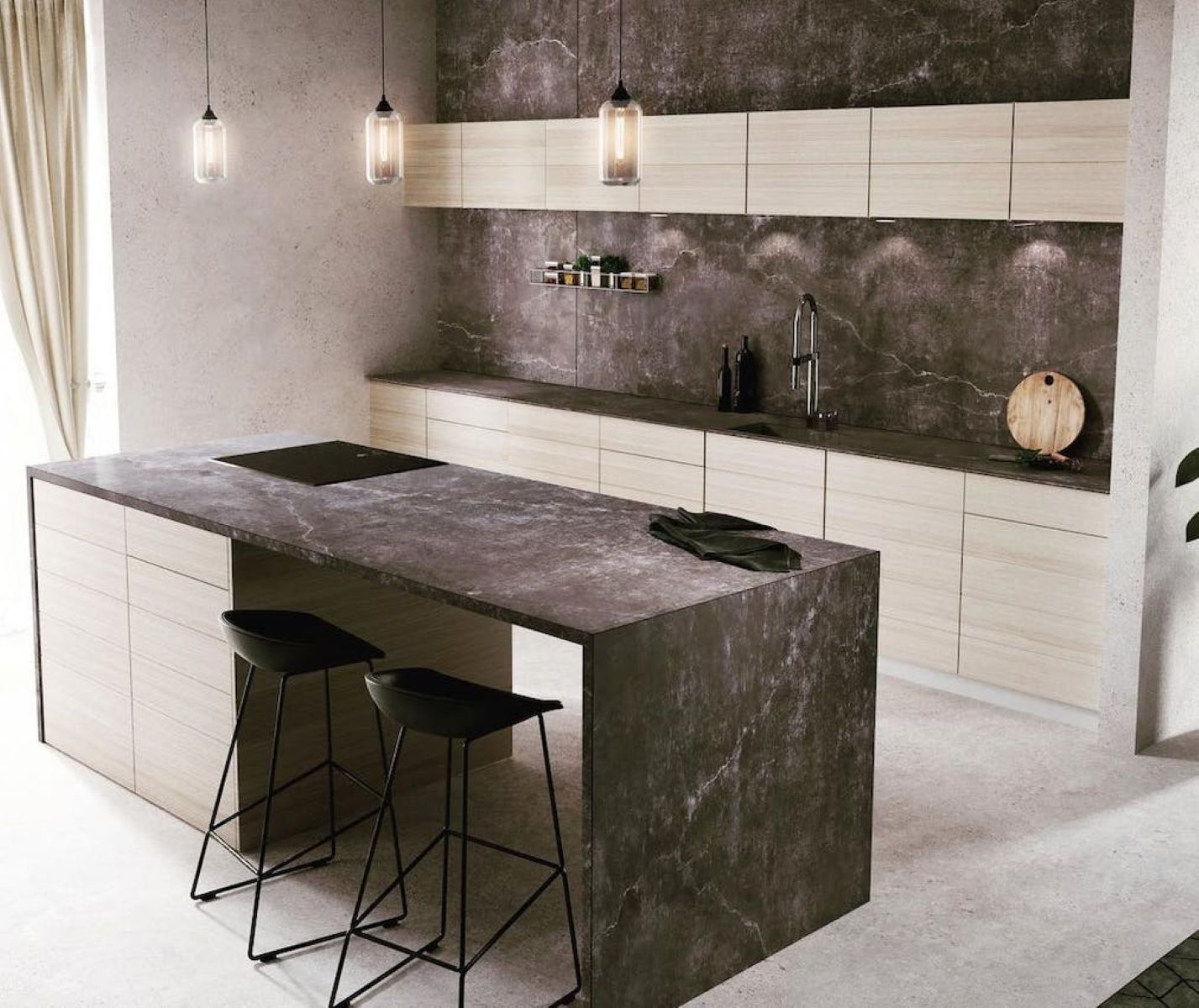
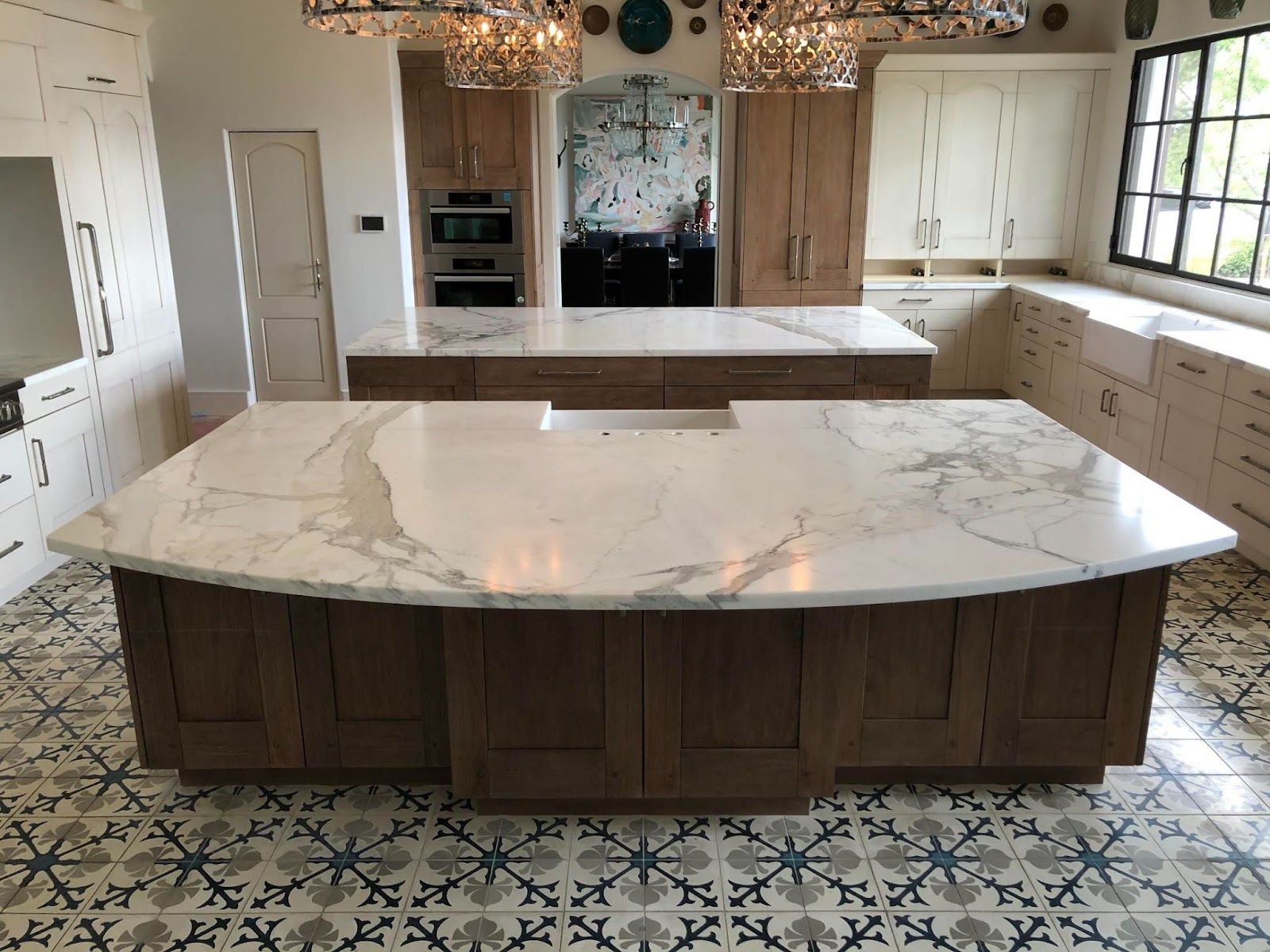
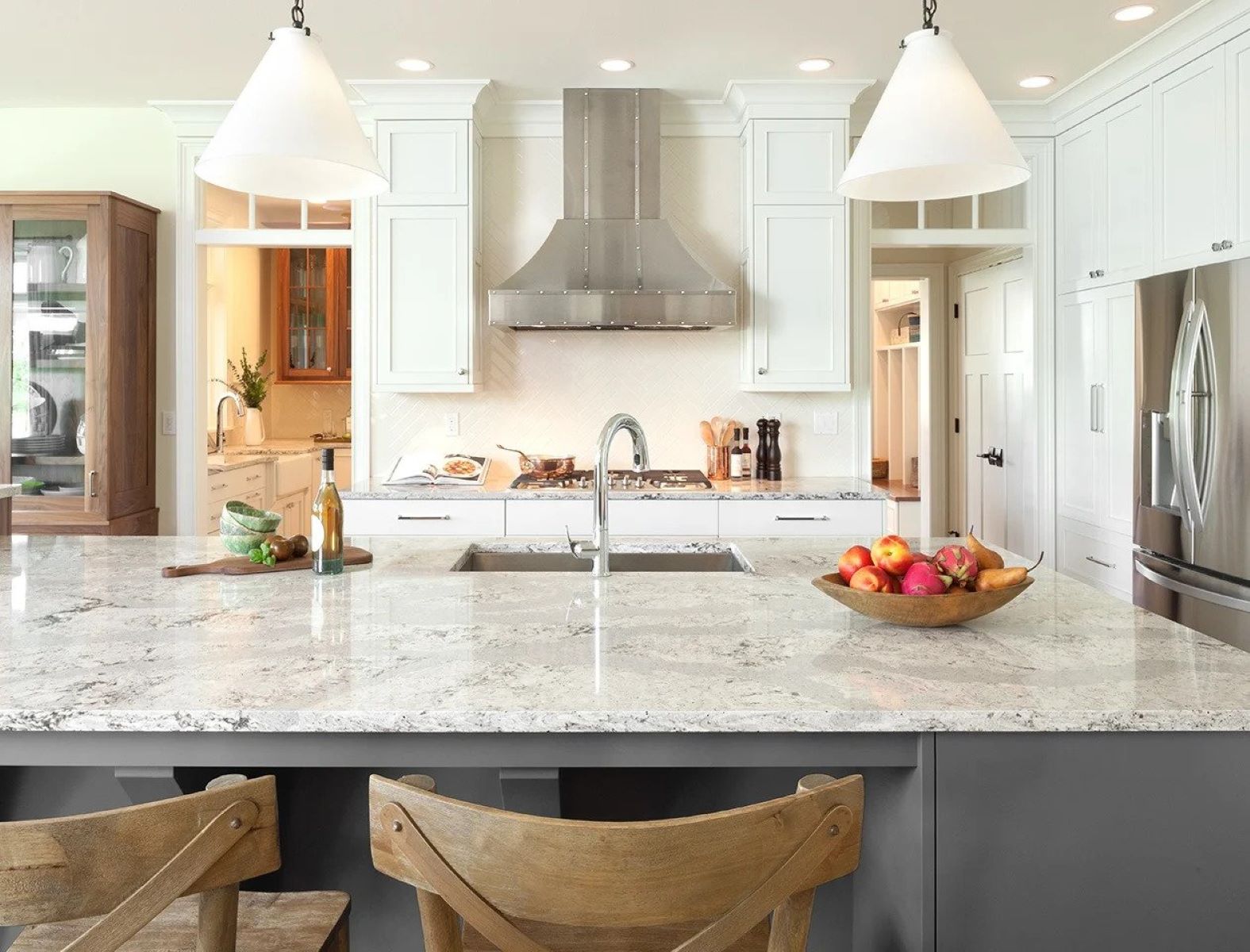
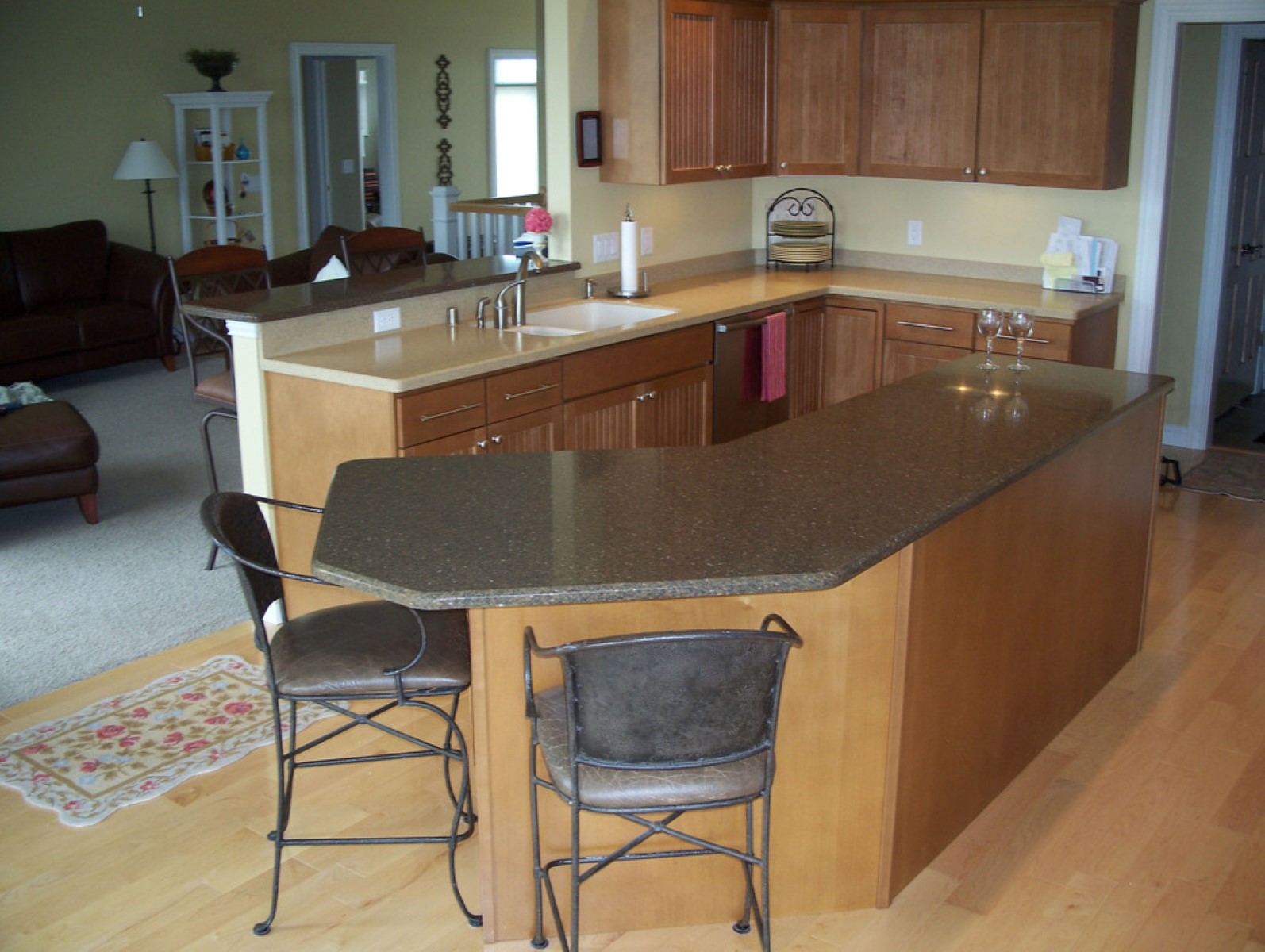
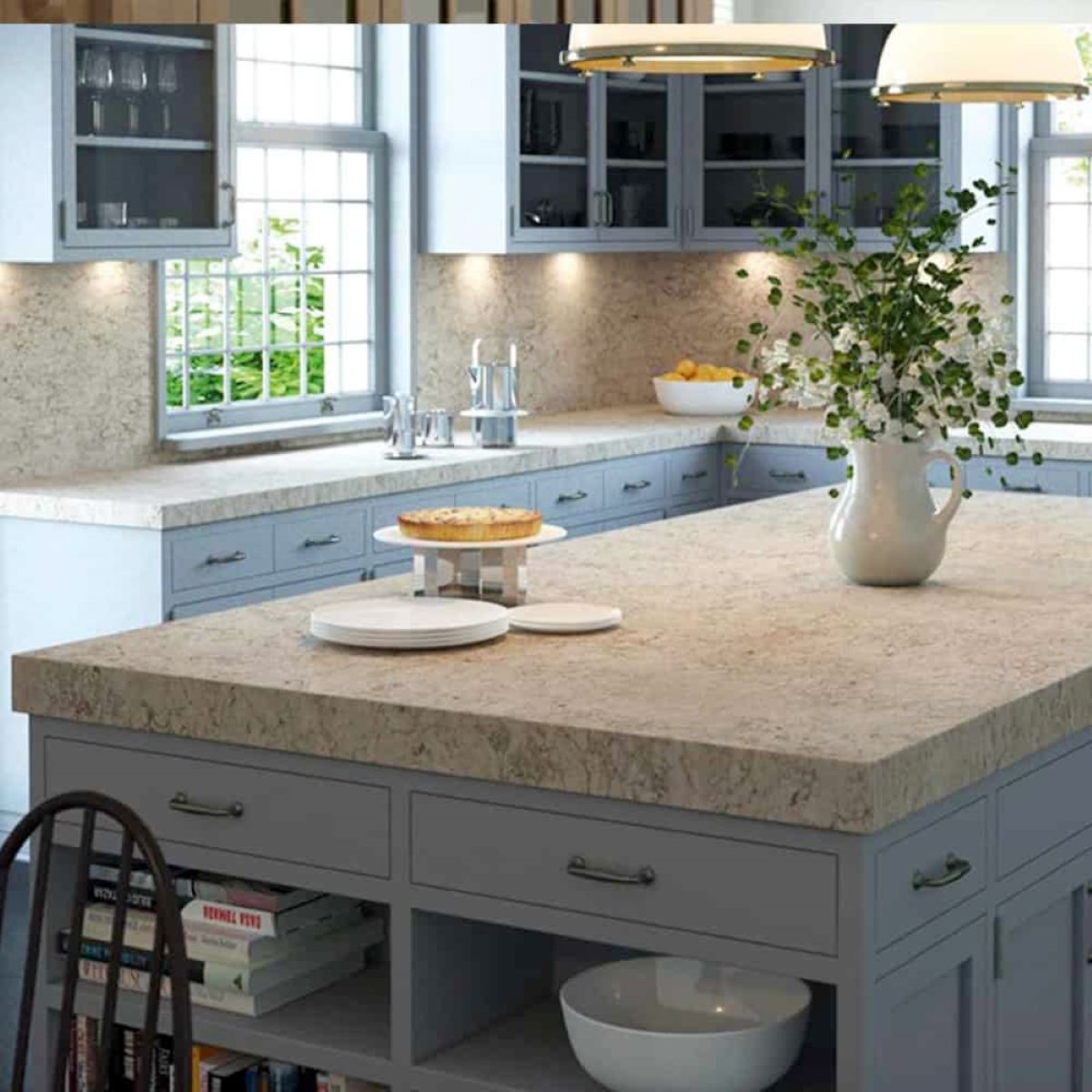
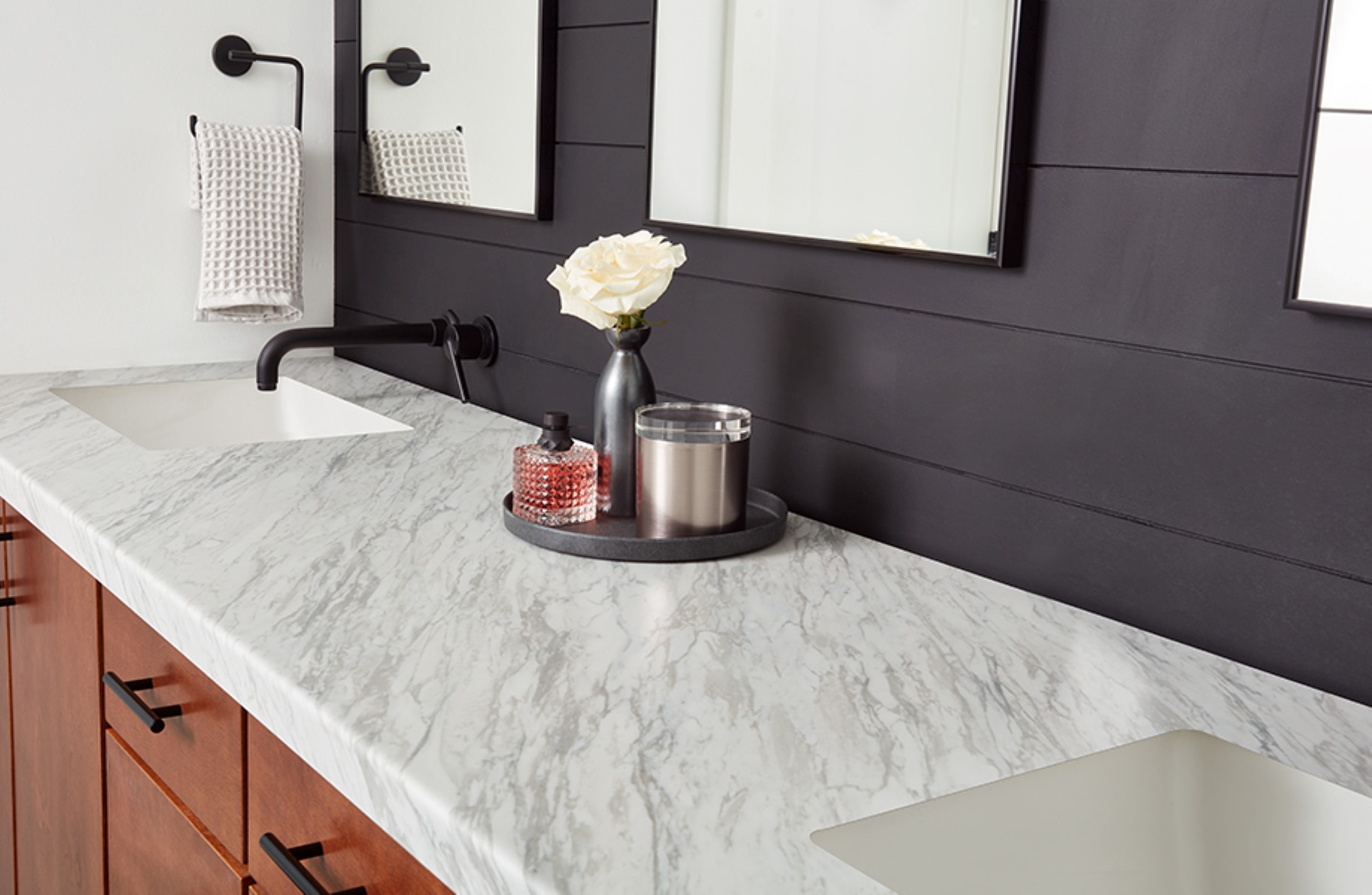
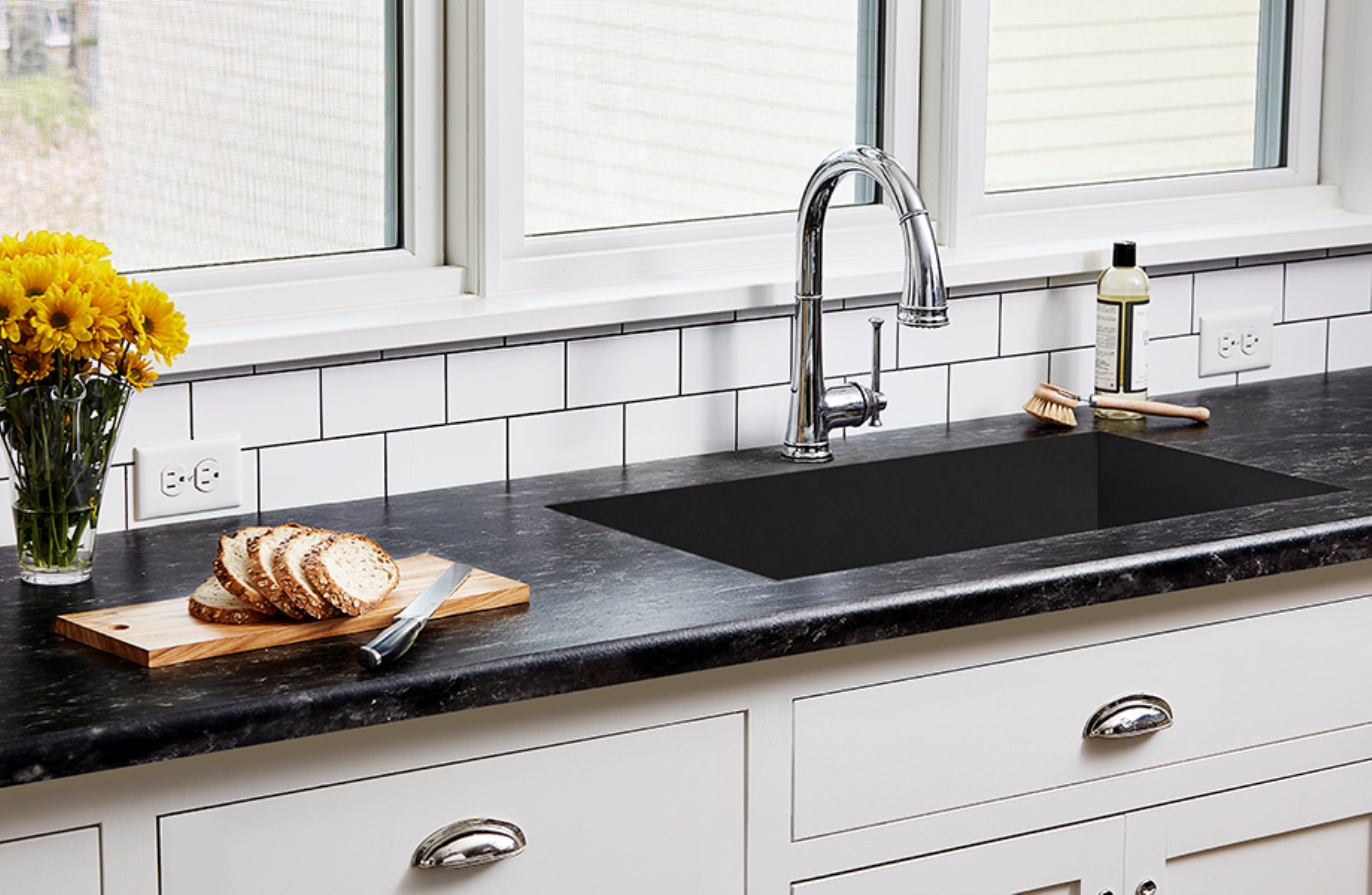
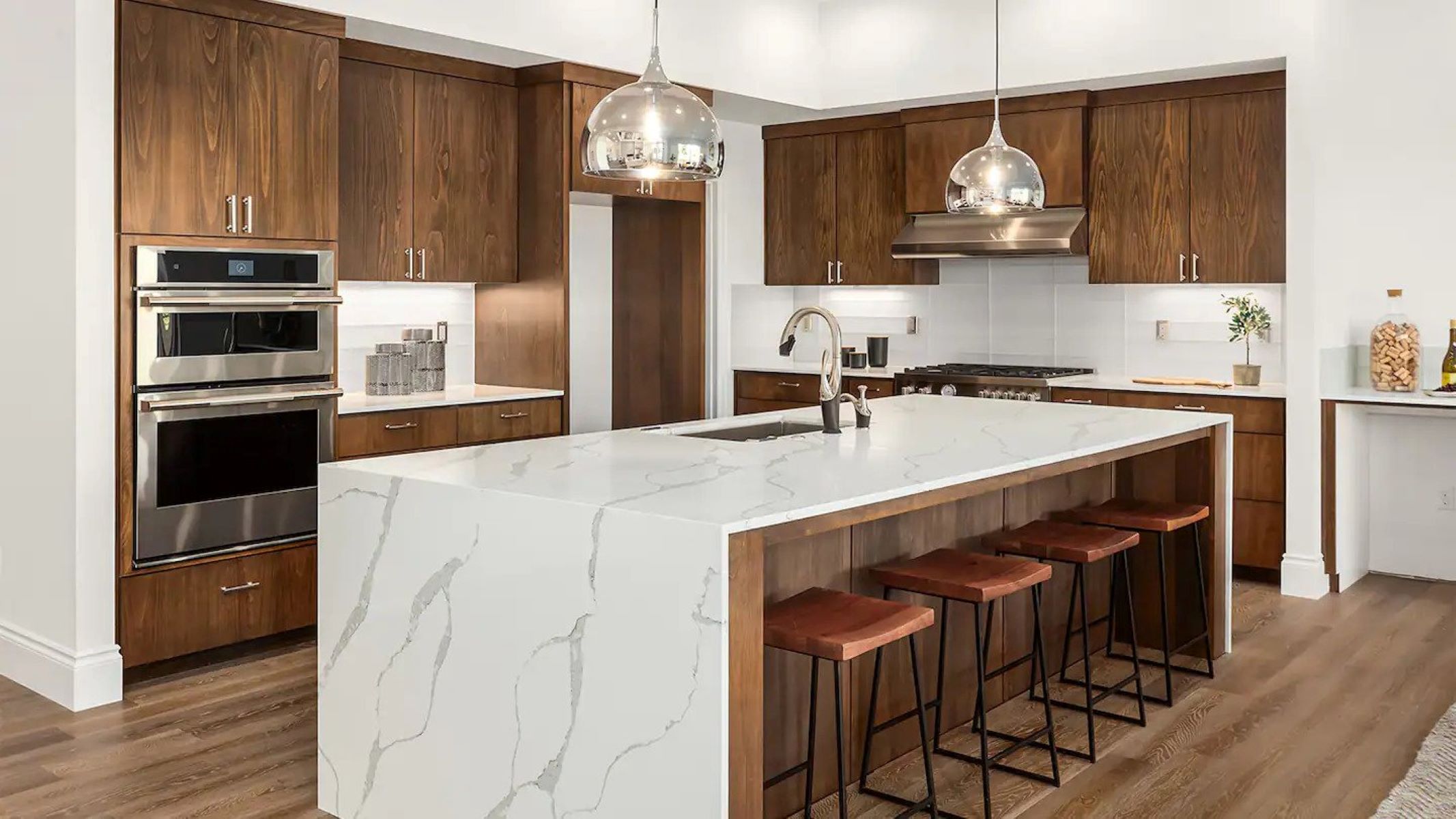
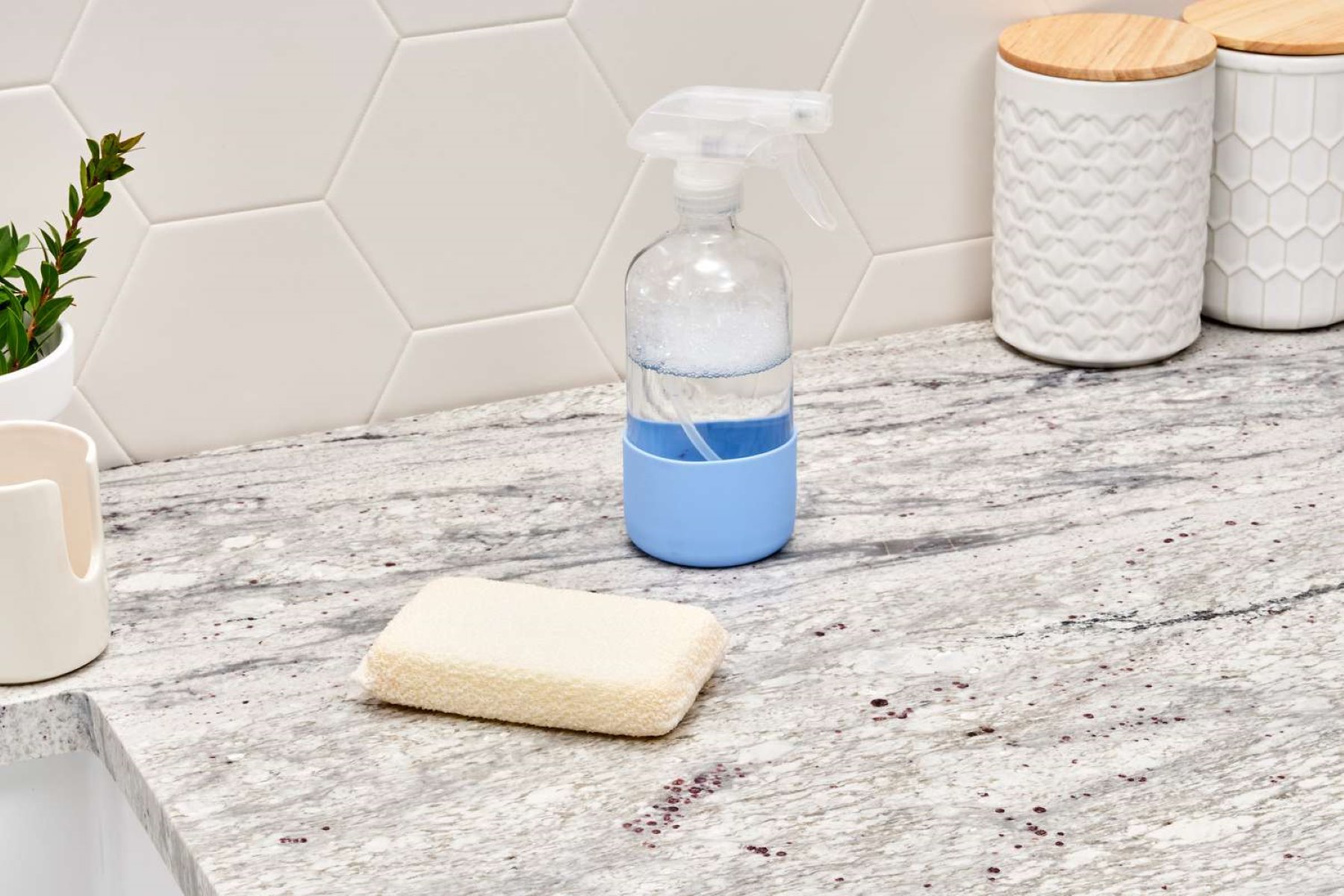
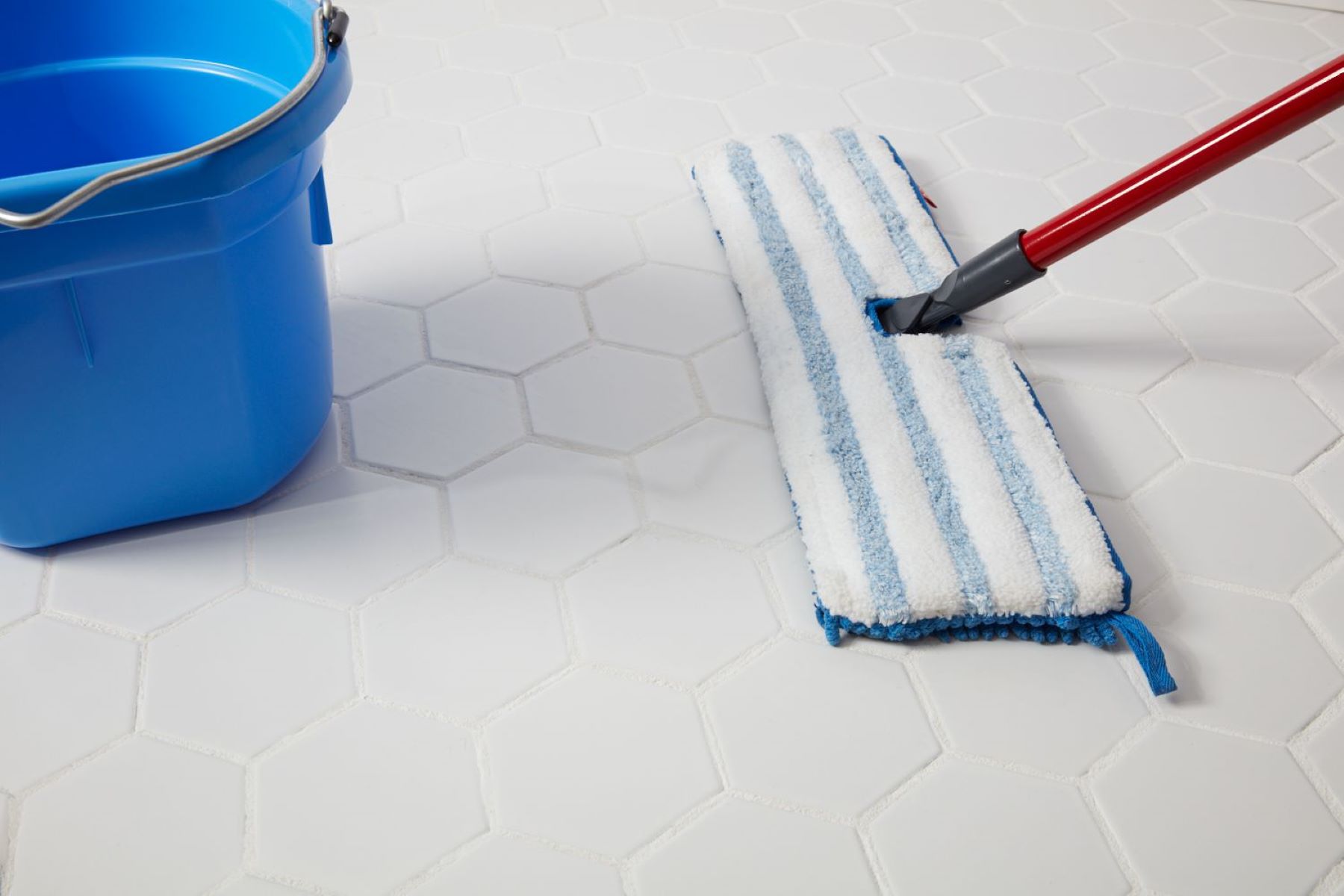

0 thoughts on “What Are Porcelain Countertops”